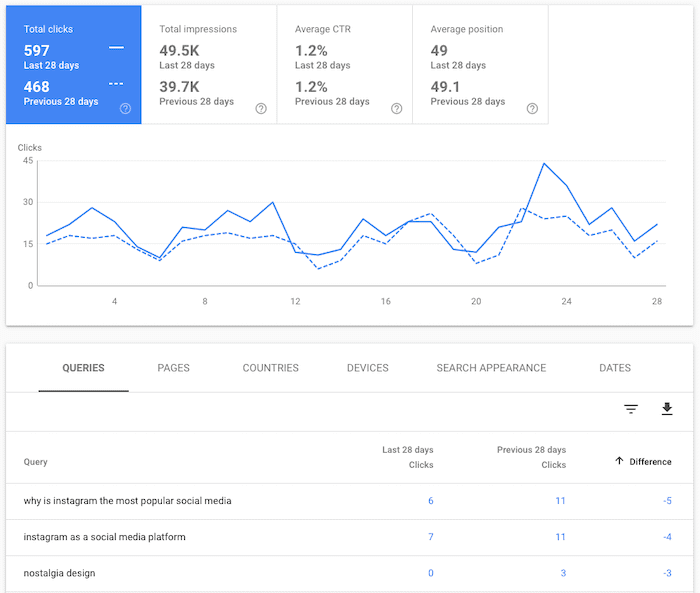Google’s algorithm is constantly changing. In 2018 alone, there were over 3,200 updates to the formula Google uses to determine what search results you see. The latest change is bigger than most. It’s titled Bidirectional Encoder Representations from Transformers and is affectionately known as BERT. The change is not technically an algorithm update. This is because it’s not deciding whether or not your website is good enough to rank for a specific search phrase.
Instead, BERT focuses on understanding the meaning of both search terms and website content. “In plain English, [BERT] can be used to help Google better discern the context of words.” This helps Google deliver more relevant results for searchers using natural language. As people become more comfortable with search engines, as most searchers have over the last 20 years, their queries become more conversational. Voice searches, which are estimated at one billion searches per month, have the potential to be much more complex than written queries.
Humans easily understand these long, complex queries. We determine meaning by looking at the phrase as a whole. Machines like Google have a harder time understanding context clues. It’s difficult to train a machine to find meaning using a nearby word, the following sentence or a cited source. As searchers use more natural and complex phrases to find what they’re looking for online, it becomes more important for Google to understand these phrases.
Context, order and prepositions (like “for” and “to”) help clarify words and phrases with multiple meanings. Semantics is the study of language’s meaning. Search engines’ ongoing efforts to understand what human searchers mean is called semantic search. An artificial intelligence technology called natural language processing (NLP) helps power Google’s ability to guess what you mean. You’re familiar with NLP because it’s what allows your phone to predict your texts and how chatbots communicate with humans.
Google relies on machine learning and artificial intelligence because it could never predict exactly how searchers will articulate their questions. Pandu Nayak of Google states, “We see billions of searches every day, and 15 percent of those queries are ones we haven’t seen before.”
Google’s BERT Update
BERT is a breakthrough in machines’ ability to process natural language and deliver more accurate results. This is because of its bidirectional processing. Historically, a machine could only use the context clues before a word to determine that word’s meaning. BERT helps machines determine a phrase’s meaning using the entirety of the phrase. The technology was pre-trained automatically using more than 2.5 billion words from Wikipedia.
While developed by Google, BERT is an open-source technology. It’s currently being used by other researchers and companies to identify offensive and spammy contributions on social media and online forums.
How BERT Affects SEO
BERT’s NLP technology shouldn’t change how you approach your optimized content efforts. Google’s increased ability to understand conversational content will actually make it easier to write with your readers in mind. There should be less focus on optimizing specifically for search engines too. Instead, your web pages and blog posts should answer searchers’ questions thoroughly without stuffing in unnatural keywords.
While BERT affects about 10% of all searches, if you’re already writing for search intent, you probably won’t see huge swings in organic website traffic. Where you may see shifts is in featured snippets for longtail phrases that Google now understands more clearly.
To determine if your website was affected by BERT, log in to Search Console. Navigate to the Performance report and set your date range to Compare last 28 days to previous period. Sort your queries by the difference in clicks between the last 28 days and the previous 28 days. BERT likely impacted any longtail keywords with a large drop in clicks. Revisit these pages and update them with information that mirrors search intent.

Google Ads does not currently use BERT to deliver more relevant search ads. It’s not hard to imagine this technology as part of the real-time auction someday soon!